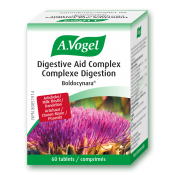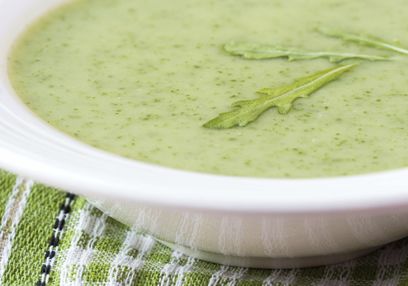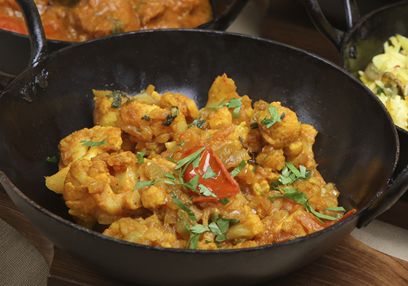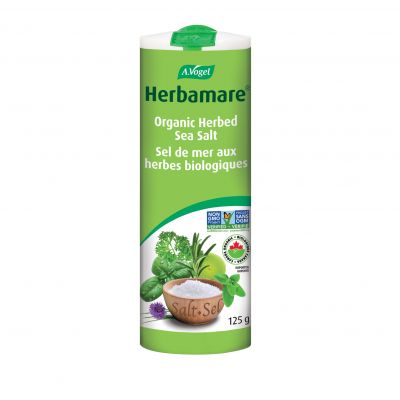These may be the moment of transition from the relatively 'silent' or asymptomatic laryngopharyngeal reflux (LPR) to symptomatic. Our society is more familiar with a cousin to LPR known as gastroesophageal reflux disease (GERD) that differ in a distinct way, a point touched upon further in this article. One of the hallmarks of LPR is that silent damage as patients do not experience the heartburn of GERD.
What are the causes?
Those with GERD experience symptoms due to the backflow of stomach acid and contents into the esophagus. Those with LPR experience similar symptoms, but the acid and contents may travel all the way up to the pharynx or voice box (larynx). This is often due to weakened tone of the lower esophageal sphincter, a tight ring of muscle between the esophagus and stomach that normally prevents stomach contents from moving backwards.
Can you tell me a bit about the symptoms of LPR?
It is important to note that each individual may experience different symptoms, but those most common include:
- A constant feeling of needing to clear one's throat
- Difficulty swallowing
- Feeling of "throatburn" relative to a more common experience of "heartburn" in GERD
- Sleep disruption associated with reflux
- Hoarse voice
Does silent reflux ever go away?
With the right interventions and attention, LPR does indeed disappear, though you may have a relapse later on. To help rid yourself of this condition, you may want to consider a pharmaceutical intervention. Unfortunately, one of the most common recommendations made during a visit to your family doctor is a class of medication known as a proton-pump inhibitor or PPI for short. These medications, the second most commonly prescribed among Canadian seniors, reduce the production of stomach acid that leads to the burning sensation experienced by those with the condition. The trouble is that many patients take these far beyond the recommended two-month period and their doctors or pharmacists may not catch the oversight.
That oversight could lead to increased risk of conditions including vitamin B12 deficiencies, chronic kidney disease, pneumonia, fractures and even dementia. However, it's important to note that the research is mostly retrospective and requires higher quality studies to explore the correlations.
Though researchers from a systematic review as recent as 2019 conclude, "the superiority of PPIs over placebo is still controversial and there are a significant number of non-responder patients to treatment".
Understanding the risks of PPIs, what are some complementary options?
In an incredibly fascinating trial published in the Journal of the American Medical Association (Otolaryngology – Head & Neck Surgery), researchers determined that those with LPR experienced the same symptom relief by following the Mediterranean diet with alkaline water as they did with a PPI.
Other considerations are changes to your lifestyle including avoiding foods that may trigger irritation including:
- high-fat foods,
- caffeine,
- alcohol or
- soda.
These foods do this by decreasing the muscle tone of that esophageal muscle ring discussed earlier, making it easier for stomach acid to enter the esophagus and throat.
A study from 2004 also demonstrates that increasing fibre can help protect against reflux symptoms as well. It may be relevant for you to decrease your meals from three larger ones each day to a variety of smaller meals to reduce the risk of reflux.
What about some herbal ways to find relief?
A complex of artichoke, milk thistle, boldo, and dandelion produced by A.Vogel comes in a tincture form (Boldocynara) or a tablet form (Digestive Aid Complex) depending on your individual needs or prescription from your primary care provider.
- Milk thistle (Silybum marianum) has been shown to help reduce liver inflammation and damage as well as protecting against liver toxins associated with alcoholic fatty liver. It can be thought of primarily as a hepatoprotective, helping to optimize the health of the liver against factors that diminish the function of the organ.
- Artichoke (Cynara scolymus) has been shown to benefit GI symptoms including functional indigestion (dyspepsia) in a multicentre open study with 553 participants. Those taking an extract of artichoke experienced clinically relevant benefits within 6 weeks of starting treatment, improvements of 71%. A follow-up study with 454 participants saw authors conclude that artichoke leaf extract shows promise for upper gastro-intestinal symptoms and overall quality of life.
- Boldo (Peumus boldo) can be thought of as a promoter of bile-secretion which is involved in breaking down fat into smaller to process droplets. The evidence is limited regarding the herb itself which is why a clinical trial, discussed below, on the mix of herbs contained in the product speaks to the synergism of these plants.
- Dandelion (Taraxacum officinalis) not only contains lots of soluble fibre which promotes a healthy microbiome, but intake has also fostered a decrease in 'bad' fats present throughout the body as well as increasing 'good' fats.
A clinical trial of Digestive Aid Complex showed 80% reduction in frequency of regurgitation and an 83% reduction in the impact of said symptom on quality of life. For some, that might mean enjoying a holiday meal for the first time in years, without worry of feeling an irritated throat or suffering the silent impacts of LPR.
References:
https://ctvnews.ca/health/millions-of-canadians-using-acid-reflux-drugs-for-too-long-risking-health-side-effects-1.4409011
https://ema.europa.eu/en/documents/herbal-report/final-assessment-report-cynara-cardunculus-l-syn-cynara-scolymus-l-folium_en.pdf
https://healthsystem.osumc.edu/pteduc/docs/LPR.pdf
https://karger.com/Article/FullText/142726
https://med.stanford.edu/content/dam/sm/ohns/documents/voicecenter/resources/Stanford_ENT_Clinic-LPR_Protocol.pdf
https://ncbi.nlm.nih.gov/books/NBK519548/
https://ncbi.nlm.nih.gov/pmc/articles/PMC1774312/
https://ncbi.nlm.nih.gov/pmc/articles/PMC6463334/
https://ncbi.nlm.nih.gov/pmc/articles/PMC6795731/
https://pubmed.ncbi.nlm.nih.gov/11841050/
https://pubmed.ncbi.nlm.nih.gov/18334810/
https://pubmed.ncbi.nlm.nih.gov/27517806/
https://pubmed.ncbi.nlm.nih.gov/28880991/







